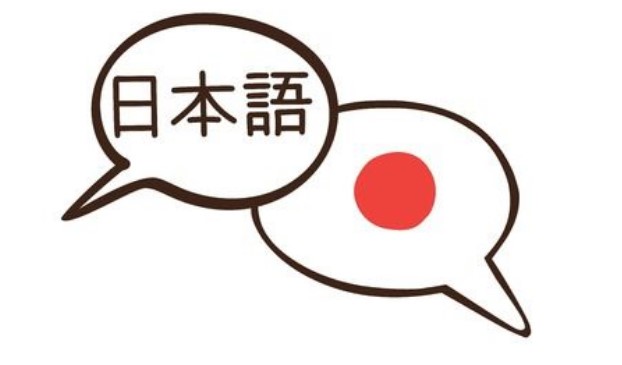What are the most difficult languages to translate?

Our mother tongue will always seem easy to learn and to translate. However, for various reasons, some languages are more difficult to translate than others.
UNESCO has published a very relevant ranking on the most difficult languages to master. Below, in order of greatest to least difficulty, we are going to explain some of them, commenting on their peculiarities and the reasons why they are sometimes a headache for the most experienced professional translators.
Índice de contenidos
Index of contents
Index du contenu
Inhaltsverzeichnis
Indice dei contenuti
Chinese

Unlike Western Romance languages and Germanic languages, Chinese is a tonal language, i.e. based on tones. Intonation and pronunciation are decisive and can change the meaning of a word containing the same syllables.
In addition, the sinograms (Chinese characters) do not provide any clues about pronunciation, which makes this language even more difficult to understand and master for a person whose mother tongue is based on syllables.
Greek

Although modern Greek has been simplified compared to ancient Greek, it remains a difficult language to translate and learn. Inaddition to the difficulty of mastering a specific alphabet, accents and intonation, which follow very complex rules, are key to understandingit.
Standard Arabic

Standard Arabic is first and foremost a written language. The specific alphabet, the writing from right to left and the complexity of its grammatical and orthographic structure, make this language one of the most difficult to translate and learn. In addition, in order to communicate, we must master one of the many Arabic dialects that exist.
The Icelandic

Icelandic is a language based on the classical rules of the Nordic Germanic languages, to which are added even older rules, a specific vocabulary and vowels that can change, in certain cases, according to conjugation and declension. With words that can take up to 70 different forms, it is undoubtedly one of the most difficult languages to master.
Japanese

What makes theJapanese language difficult to translate is the fact that it contains in its grammatical rules, at first sight easy, courtesy formulas, called keigo or honorific language. So mastering Japanese means having, from the beginning, extensive cultural knowledge, which in the case of mistakes could lead to serious translation errors.
Finnish

Finnish is a flexible, binding (synthetic) language. This means that the words change form depending on their role in the sentence, to which we can add prefixes and suffixes.
Germanic languages

The Germanic languages, and more precisely Danish, Norwegian and German , are difficult to translate and to master, especially in terms of grammatical and orthographic structure. In (synthetic) inflectional languages, words change form depending on their grammatical relationship to the rest of the words in the sentence.
French

French is a Romance language that is relatively easy to learn, at least at a basic conversational level, for people who speak another Romance language (for example, Italian or Spanish). However, its strict grammar and complex rules of pronunciation make it difficult to learn.
Apart from the complexity of the languages themselves, the difficulty intensifies as the distance between the source language and the target language increases. For example, it will be less complicated to translate a text from Spanish to French, which are two Romance languages, than from Spanish to Chinese.
Therefore, in order to achieve quality translations, we should, whenever possible, prioritise relatively close languages and use a translator whose mother tongue is the target language (following the example above, use a French mother tongue translator for the translation from Spanish to French, or a Chinese translator for the translation from Spanish to Chinese).
Other articles you may be interested in:

Blog writer and Community Manager interested in multiculturality and linguistic diversity. From her native Venezuela, she has travelled and lived for many years in France, Germany, Cameroon and Spain, passing on her passion for writing and her intercultural experiences.



Add new comment